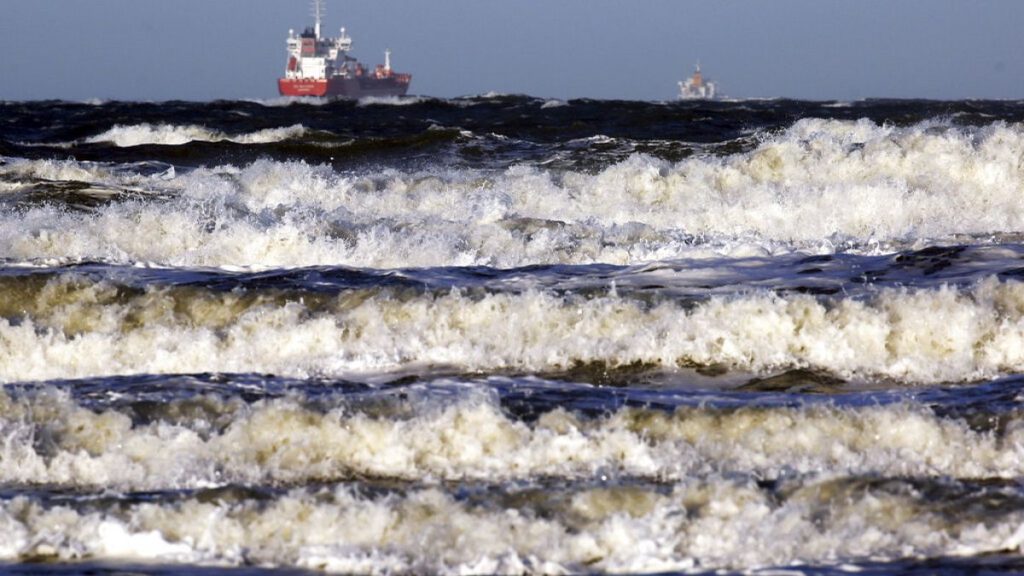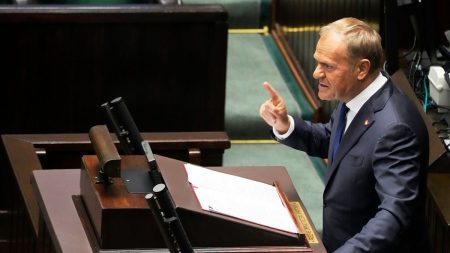The Baltic Sea, a crucial maritime region bordered by eight European Union member states, has become a focal point for hybrid warfare, a complex and evolving form of conflict that blends conventional military tactics with unconventional methods. Recent acts of sabotage targeting submarine telecommunications cables connecting Germany with Finland and Lithuania with Sweden have underscored the vulnerability of critical infrastructure to these attacks, with suspicion falling heavily on Russia. These incidents highlight not only the physical fragility of these underwater lifelines, but also the strategic importance of the Baltic Sea as a conduit for data and energy transmission within the EU. The cables carry a significant portion of internet traffic and facilitate vital energy connections, making their disruption a serious threat to regional stability and economic activity.
The nature of these attacks aligns with the broader pattern of hybrid activities attributed to Russia, which encompass disinformation campaigns, cyberattacks, and the manipulation of migration flows. These multifaceted assaults aim to disrupt Western societies, sow discord, and instill fear among populations, exploiting vulnerabilities in democratic systems and international legal frameworks. The maritime environment, governed by principles of freedom of navigation, presents unique challenges in attributing and responding to such attacks. Pursuing vessels suspected of involvement in illegal activities within these waters is complex, highlighting the limitations of existing legal instruments in addressing these emerging forms of aggression.
Experts suggest that Russia’s reliance on hybrid warfare stems from its cost-effectiveness and as an alternative to direct military confrontation. These tactics allow for plausible deniability and offer a significant return on investment in terms of disruption and destabilization. The Baltic states, having gained independence from the Soviet Union in the 1990s, have long been subjected to these hybrid tactics, but the intensity and sophistication of these attacks have escalated in recent years. This escalation underscores the growing threat posed by hybrid warfare and the need for a coordinated and robust response from the international community.
NATO’s declaration in 2016 that hybrid attacks could trigger Article 5, the collective defense clause, marked a significant step in recognizing the seriousness of these threats. This acknowledgement underscores that hybrid activities can be as damaging and destabilizing as conventional military attacks, warranting a collective response from the alliance. The European Union has also taken steps to address these threats, approving a framework for coordinating responses to hybrid campaigns, including the deployment of rapid response teams. These initiatives reflect a growing awareness of the need for proactive and coordinated measures to counter hybrid threats.
Within the European Parliament, there are calls for leveraging the EU’s technological superiority to counter these attacks. Developing advanced sensor technologies to detect and monitor underwater activities is seen as crucial for deterring future acts of sabotage and for gathering evidence to attribute responsibility. Furthermore, some advocate for exploring disincentives such as the closure of the Baltic Sea, although such measures would likely be politically sensitive and require careful consideration. The focus on technological solutions and proactive measures reflects the evolving understanding of the nature of hybrid warfare and the need for innovative approaches to defense and deterrence.
The incidents in the Baltic Sea are not isolated events but part of a broader pattern of hybrid activity targeting European infrastructure and institutions. The radio hack targeting Polish trains in 2023, causing them to malfunction, further exemplifies the diverse nature of these attacks and their potential to disrupt critical systems. These incidents highlight the need for enhanced security measures across various sectors, including transportation, energy, and communications, to mitigate the risks posed by hybrid warfare. The evolving nature of these threats necessitates ongoing vigilance and adaptation of security strategies to effectively counter the multifaceted challenges posed by hybrid actors.










